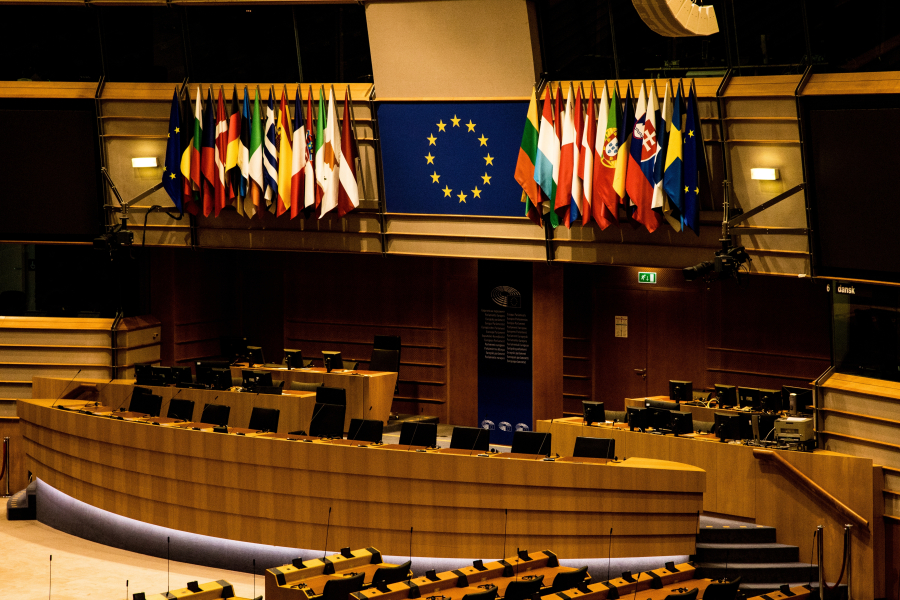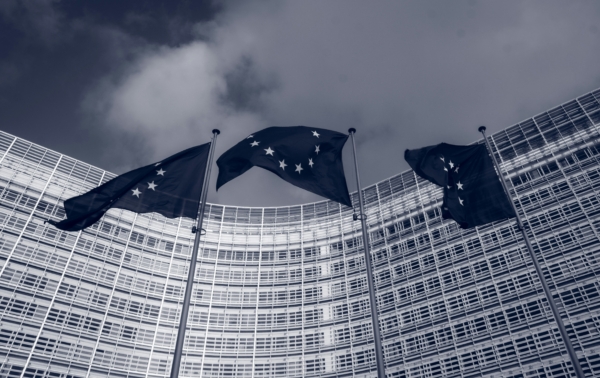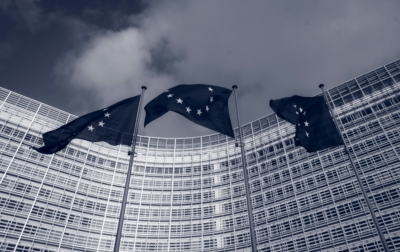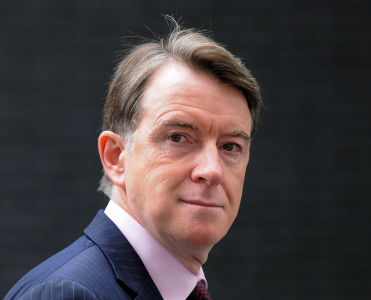The European Parliament elections are over, and Ursula von der Leyen has announced the candidates she has designated to be the EU’s new Commissioners. With the power to drive EU law, it is vital that Commissioners are not influenced by any interests other than those of the EU’s citizens. Not only do conflicts of interest—at best—simply undermine trust in the decision-making process, but they may also jeopardise the decisions taken themselves.
You’d therefore think that with such responsibility afforded to Commissioners, the European Parliament would be doing its utmost to ensure that Commissioners-designate are committed to the job, free from any outside interests that might compromise their integrity. Instead, this is a procedure that is not fit for purpose for several reasons.
Firstly: the blatant, almost-insulting lack of time afforded to the task. Parliamentary scrutiny is delegated to a single committee (the Committee on Legal Affairs, or JURI), which is then expected to undertake a thorough evaluation of all Commissioner-designate declarations before giving the green light. MEPs often lack the expertise needed to effectively assess declarations in the first place, let alone do so under the limited time granted to them.
And despite this complexity, there is no framework that allows MEPs to take a deeper dive into these declarations, should questions arise. Paradoxically, Parliament’s own rules prevent it from having a meaningful role in upholding integrity standards in the first place. According to these rules, MEPs are required to rely solely on the declarations submitted by Commissioners-designate and cannot use external information, such as reports from civil society or journalists. The scrutiny process therefore operates on an honours system that expects all Commissioners-designate to be forthcoming with the information they provide to JURI.
This illustrates a larger deficiency in the process: it is left to the discretion of Commissioners-designate themselves to assess whether their activities constitute a conflict of interest, and if so, declare them. Nothing is stopping them from not declaring outside interests they don’t deem relevant to their portfolios.
This is compounded by the complete lack of transparency of the process itself. Not only do outside observers have no insight into the declarations during the scrutiny phase, but not even MEPs outside of JURI are granted this luxury. Making these declarations public from the beginning would allow investigative journalists and watchdogs to uncover potential conflicts of interest JURI may have missed.
The process is therefore also, critically, a political one: with both national and party interests at play within a parliamentary committee, we also cannot expect JURI itself to operate with complete impartiality. Independent scrutiny is paramount—instead, it’s left to the whims of those impacted by the consequences of scrutiny
To illustrate the inadequacy of these rules, we’ve had a look into the state of the declarations of the current Commissioners-designate, now that the scrutiny period has expired. Here is a non-exhaustive list of unanswered questions we have:
- Apostolos Tzitzikostas, the Commissioner-designate for sustainable transport and tourism, has declared partial ownership of an extensive real estate portfolio. It is not clear whether this is related to the tourism industry, nor how much revenue may be being derived from it.
- Dubravka Šuica, the Commissioner-designate for the Mediterranean, still has undeclared, unexplainable wealth, according to media reports
- Wopke Hoekstra, the returning Commissioner-designate for climate, net-zero and clean growth, continues to refrain from divulging his client portfolio from his time working for management consulting giant McKinsey, despite having made a commitment in writing to the European Parliament to release this information. It is perhaps worth noting that McKinsey publicises that it has advised over half of the world’s top 20 oil and gas companies.
And here are some eye-opening figures about the declarations more generally. Of course, we can’t say whether these figures are exhaustive, because we don’t know whether Commissioners have simply chosen not to declare certain activities.
- Only six Commissioners-designate (22%) choose to declare ongoing outside activities, which are mainly honorary posts.
- Only seven Commissioners-designate (26%) choose to declare financial interests of some sort. And almost half of them, 12 in total, declare liabilities and other assets.
- A total of 21 Commissioners (78%) choose to declare no financial interests of partners, spouses, and minor children.
- 19 Commissioners (70%) choose to declare real estate of some sort, although the content of the entries differs largely.
These glaring issues are what is to be expected from a system that makes a mockery of democratic scrutiny. Reform of the process is long overdue. Here’s what we need:
- Complete transparency of the declarations from the start, so that investigative journalists and NGO watchdogs are able to scrutinise them.
- More time for MEPs to review the declarations, and the ability to request accompanying documentation.
- The process should be conducted independently by an external body.
- The declarations need to ensure that Commissioners-designate are not evaluating their conflicts of interest at their own discretion.
This episode has once more demonstrated the need for reform of Parliament’s rules of procedure. The EU’s integrity is only as strong as the rules designed to protect it.








